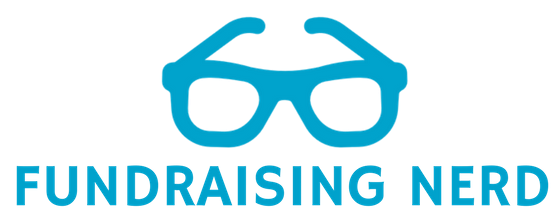A Fascinating New News Model
The keynote presentation is by Ross Ramsey, Managing Editor of the Texas Tribune. Ross leads off by describing the watchdog role of media. Nice quip: "Congressmen are less likely to twitter their tender vittles when we are watching." He also talks about our government as being like open-source software: designed to be hacked. And the decision-making process relies on research and information. Journalism is key to providing this information.
Now there is a technology question: what do we do with all this information? Ross talks about his 15-year-old daughter: "She's never going to get news off her front porch." This makes me feel a little better about my recent consideration of canceling the Oregonian. I have to admit: once I got an iPad, I simply stopped reading the newspaper. Now it shows up every day, I think about reading it, and then recycle it.
Now everyone has access to the resources that only journalists and librarians had. Instead of a "morgue room," full of microfiche and clippings, we now have "electronic stacks." Most news after 1995 or 1998 is now available online.
When they launched the Tribune, they made a conscious decision that paper and "12-year-olds with good throwing arms" were not the future of news.
Ross is talking about the bad format of government data. The Tribune is working to digitize public data and make it accessible. They transcribed everything said on the floor of the Texas legislature this year, and made it available 72 hours after the session ended. As a researcher, I find this to be an incredibly noble pursuit. In fact, I have posted here on this very blog about the poor formatting of government data.
Now Ross is talking about their business model: they created the newspaper as a nonprofit serving the public good, because they felt that the traditional ad revenue model would not be successful in this economy. They apply for foundation grants and ask wealthy people for donations. They sell subscriptions to premium publications, but then offer those publications for free later. They believe that leveling the playing field, and not creating special forums for the elite, is important.
The Tribune also allows people to republish their content, via a simple "republish" button on their website.
It's not enough to just tell people what happened, Ross says. It's important to tell people why it's important, to give context. "News is not enough," he says. Context and analysis are crucial, as is giving people the tools they need to do their own research and analysis, like databases, maps, charts, etc.
The Tribune's value proposition is that the decline of news is a threat to democracy. This is how they fundraise for journalism. They also disclose contributions when they publish articles about someone who has given to the Tribune.
Ross talks about the line between public and private. A lot of the work they do is in that gray area between the two. For example, the Tribune published a list of public employee salaries. One woman called and asked that her data be removed. The Tribune declined.
You shouldn't have to disclose why you want public information. "If it's public information, make it public."
What is out of line? Sex used to be off the table, until the Clinton/Lewinsky era.
Ross is mentioning the David Wu/unwanted sexual advances story broken by the Oregonian. Now any story will wind up on the Internet, and it's up to each reader to judge the provenance of the story. New York Times vs. guy in pajamas.
The speed of reporting is much faster now. It's much easier to gather data in the Google era. The critical role of the reporter is to analyze and provide the tools for news consumers to do their own analysis.
I had no idea what to expect from this keynote, and came away absolutely amazed by the Tribune and its business model. And I have renewed hope for journalism and the future. The decline of excellence in journalism, and particularly the lack of context for news, has long been a concern. It looks like the Texas Tribune has re-discovered the public good-oriented mission of journalism, and figured out a very interesting way to fund it.
"We're here to do journalism; we're not here to be business people," Ross said.
